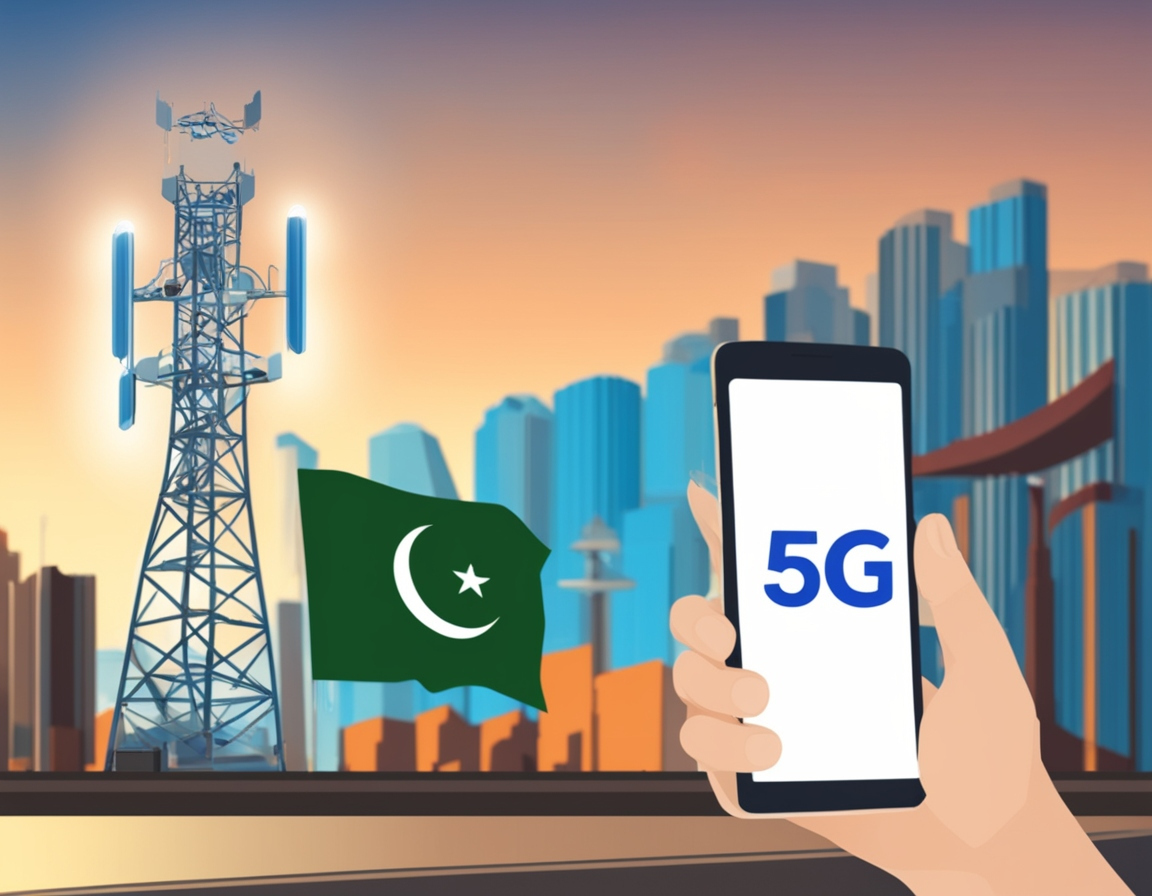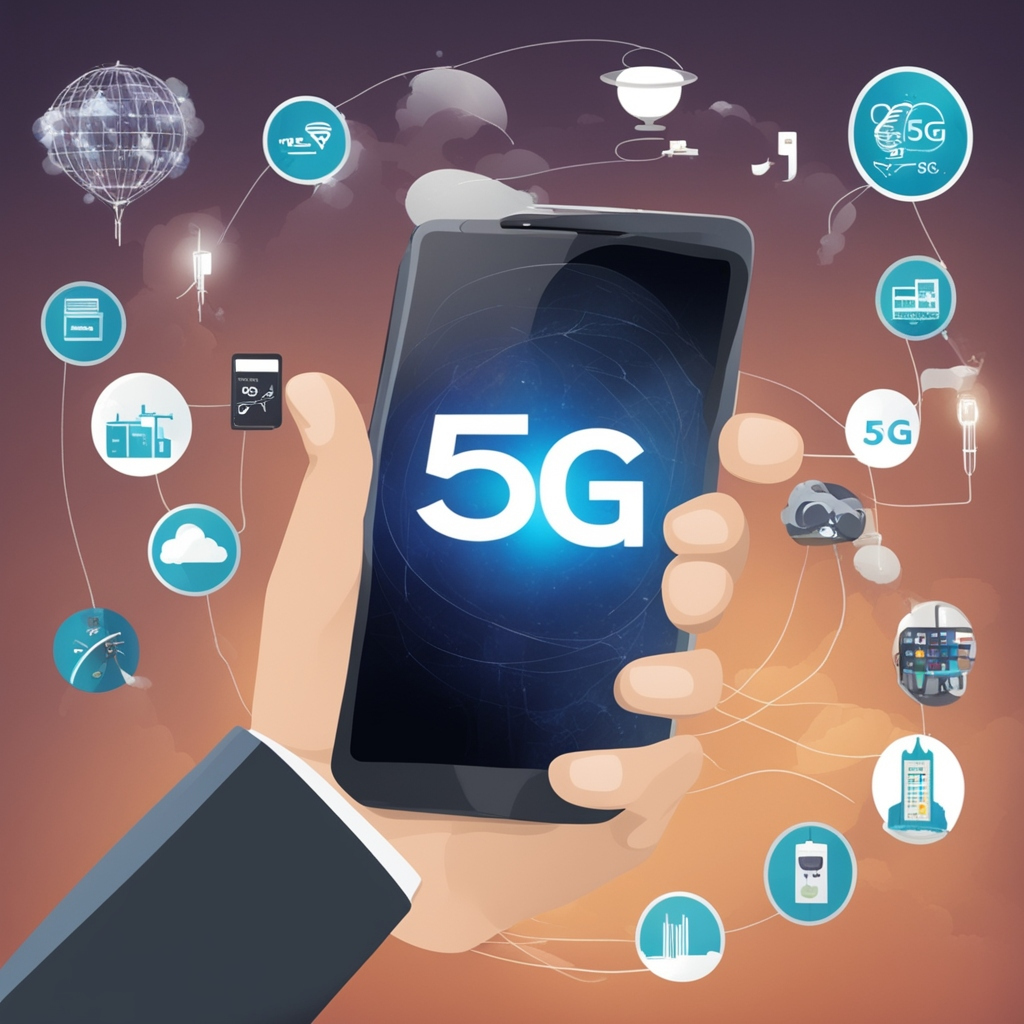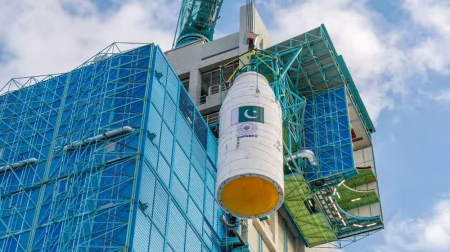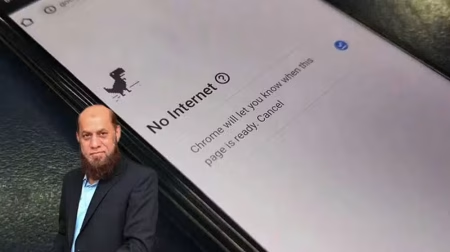The Pakistan Telecommunication Authority (PTA) has officially set the stage for the next big leap in the country’s digital journey—5G services. In a recent announcement, PTA Chairman Major General (R) Hafeezur Rehman revealed that the auction for 5G spectrum is slated for April 2025. This milestone is expected to usher in a new era of connectivity and technological advancement in Pakistan, setting the country on par with global telecommunications standards.
Understanding PTA’s Role in Pakistan’s Telecom Industry
The PTA has long been the backbone of Pakistan’s telecommunications sector, ensuring regulatory compliance and fostering growth in the industry. Over the years, the PTA has successfully facilitated the transition from 2G to 3G and 4G, each time broadening the horizons for digital communication in the country. The announcement of the 5G auction date is yet another feather in the authority’s cap, marking its commitment to keeping Pakistan at the forefront of technological innovation.
The 5G Auction Date: A Major Milestone

The decision to hold the 5G auction in April 2025 comes at a critical time for Pakistan’s telecom industry. The announcement, made during a session of the National Assembly Standing Committee on IT and Telecom, underscores the PTA’s dedication to expanding digital infrastructure and improving service quality. This auction is not just about selling spectrum; it’s about setting the foundation for a future where ultra-fast internet, smart cities, and advanced IoT applications become a reality.
Preparing for the 5G Launch: A Strategic Timeline
With the auction date set for April 2025, the PTA has outlined a strategic timeline leading up to the official launch of 5G services. This timeline is crucial as it allows both the government and telecom operators to align their efforts, ensuring that the necessary infrastructure is in place. The PTA’s proactive approach aims to avoid the pitfalls of past rollouts, where delays and technical issues often hindered progress.
Attracting New Players: A Competitive Marketplace
One of the PTA’s primary goals with the upcoming 5G auction is to attract new players into Pakistan’s telecom market. By encouraging competition, the PTA hopes to drive innovation, reduce costs, and improve service quality for consumers. New entrants could bring fresh ideas, cutting-edge technology, and a customer-centric approach that might shake up the status quo, benefiting consumers across the board.
Expanding the Market and Enhancing Competition
Increased competition is always good news for consumers. With more companies vying for market share, prices are likely to drop, and service offerings will improve. The PTA’s strategy to open up the market to new players could lead to a telecom revolution in Pakistan, where consumers have more choices, better service, and access to the latest technologies at competitive prices.
Navigating the Current Challenges in Telecom
The road to 5G is not without its challenges. The ongoing recovery efforts for the submarine cable, which has disrupted internet services nationwide, highlight the vulnerabilities in Pakistan’s current digital infrastructure. Despite these setbacks, the PTA remains optimistic. The chairman has assured that these challenges, while significant, will not derail the planned upgrades or the timeline for the 5G rollout.
Submarine Cable Recovery: Impact and Timeline
The submarine cable disruption has caused significant internet outages across Pakistan, affecting millions of users. The PTA has been working tirelessly to restore services, with full recovery expected by August 27. This incident underscores the importance of robust and resilient infrastructure, something that the 5G rollout will need to address head-on.
System Upgrades: Ensuring Minimal Disruption
As the PTA prepares for the 5G auction and eventual rollout, planned system upgrades are crucial. These upgrades are designed to enhance the capacity and reliability of Pakistan’s telecom networks, ensuring that the shift to 5G is as smooth as possible. Despite the challenges posed by the submarine cable issue, the PTA has assured that these upgrades will not cause further disruptions to internet services.
Spectrum Utilization in Pakistan’s Telecom Sector
Currently, telecom companies in Pakistan are utilizing 265 MHz of spectrum to provide services. This allocation has been sufficient for 3G and 4G networks, but with 5G on the horizon, there is a need for more bandwidth. The PTA’s plan to auction an additional 567 MHz of spectrum for 5G is a crucial step in meeting the future demands of the industry and consumers alike.
Spectrum Allocation for 5G: What’s on the Table?
The upcoming auction will see the release of an additional 567 MHz of spectrum, specifically earmarked for 5G services. This move is not just about meeting current demands but also about future-proofing Pakistan’s telecom industry. By ensuring that there is ample spectrum available, the PTA is laying the groundwork for a robust 5G network that can support high-speed internet, large-scale IoT deployments, and more.
The Cost of Spectrum: A Global Comparison
One of the critical aspects of the 5G auction is the cost of the spectrum. In Saudi Arabia, spectrum was sold at $90,000 per MHz, while Pakistan’s 4G spectrum was previously auctioned at $29 million per MHz. The PTA is advocating for a lower cost structure for the 5G spectrum, recognizing that high costs could stifle growth and limit the benefits to consumers. By keeping the spectrum affordable, the PTA aims to encourage widespread adoption of 5G technology across the country.
How Lower Spectrum Costs Benefit Consumers
Lower spectrum costs are not just about making it easier for telecom companies to enter the market—they also have direct benefits for consumers. When telecom operators pay less for spectrum, they are more likely to pass on the savings to their customers in the form of lower tariffs and better service packages. This approach aligns with the PTA’s broader goal of making digital services more accessible and affordable for all Pakistanis.
Looking Ahead: The Future of 5G in Pakistan
The launch of 5G in Pakistan promises to be a game-changer, offering unprecedented speeds, lower latency, and the ability to connect a massive number of devices simultaneously. For industries ranging from healthcare to education, and from agriculture to entertainment, 5G could unlock new possibilities, driving innovation and economic growth. The PTA’s efforts to ensure a successful 5G rollout are crucial for realizing these benefits.
Conclusion
As Pakistan moves closer to the launch of 5G services, the PTA’s role in navigating the complexities of this transition cannot be overstated. The upcoming 5G auction, scheduled for April 2025, is more than just a regulatory exercise; it is a pivotal moment in Pakistan’s digital transformation. By attracting new players, ensuring adequate spectrum availability, and keeping costs manageable, the PTA is setting the stage for a future where Pakistan can fully leverage the potential of 5G technology.
FAQs
- What is the expected date for the 5G auction in Pakistan?
- The 5G auction in Pakistan is scheduled for April 2025.
- How will 5G impact internet speeds and services in Pakistan?
- 5G technology will significantly increase internet speeds, reduce latency, and enable the connection of a vast number of devices simultaneously, revolutionizing the way we interact with digital services.
- What challenges does the telecom sector currently face?
- The telecom sector faces challenges such as infrastructure vulnerabilities, like the recent submarine cable disruption, and the need for system upgrades to support the upcoming 5G rollout.
- How does the cost of spectrum in Pakistan compare to other countries?
- The cost of spectrum in Pakistan has historically been higher, with 4G spectrum sold at $29 million per MHz, compared to Saudi Arabia’s $90,000 per MHz. The PTA is advocating for lower costs for the 5G spectrum.
- What benefits will consumers see from the launch of 5G?
- Consumers will benefit from faster internet speeds, more reliable services, and potentially lower costs as competition in the telecom sector increases.




